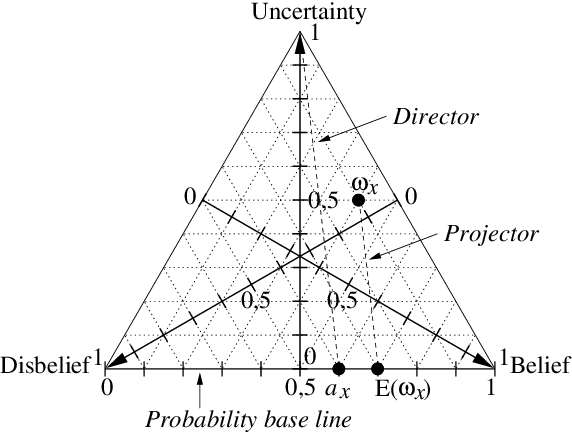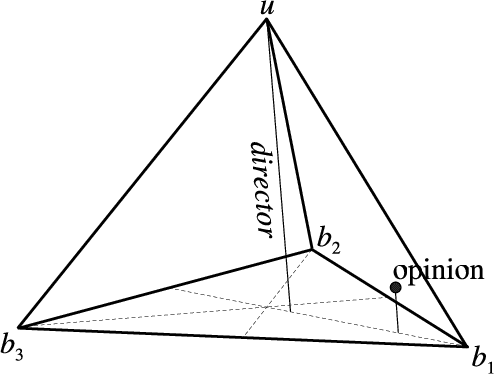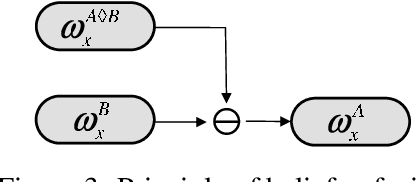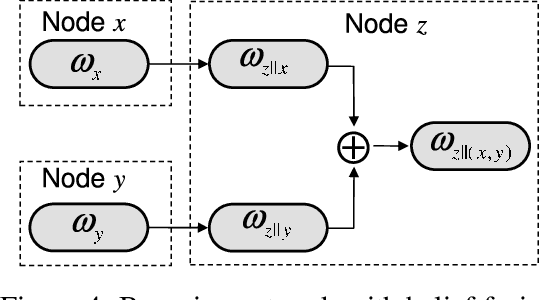Cumulative and Averaging Fission of Beliefs
Paper and Code
Dec 07, 2007



Belief fusion is the principle of combining separate beliefs or bodies of evidence originating from different sources. Depending on the situation to be modelled, different belief fusion methods can be applied. Cumulative and averaging belief fusion is defined for fusing opinions in subjective logic, and for fusing belief functions in general. The principle of fission is the opposite of fusion, namely to eliminate the contribution of a specific belief from an already fused belief, with the purpose of deriving the remaining belief. This paper describes fission of cumulative belief as well as fission of averaging belief in subjective logic. These operators can for example be applied to belief revision in Bayesian belief networks, where the belief contribution of a given evidence source can be determined as a function of a given fused belief and its other contributing beliefs.
 Add to Chrome
Add to Chrome Add to Firefox
Add to Firefox Add to Edge
Add to Edge